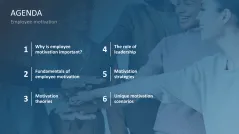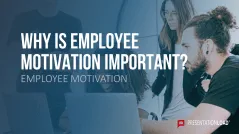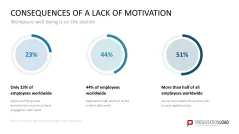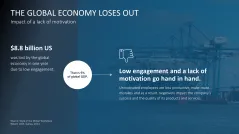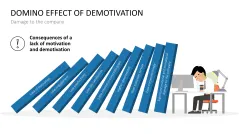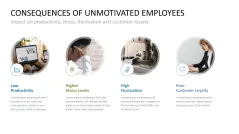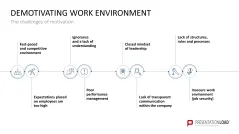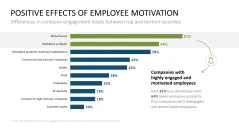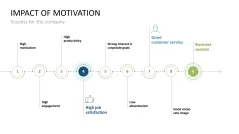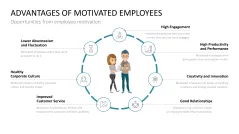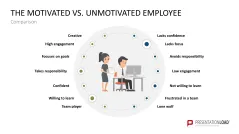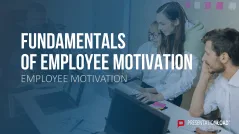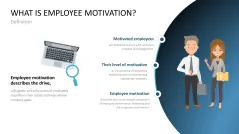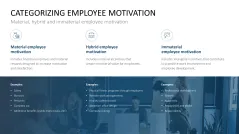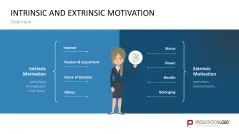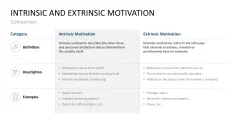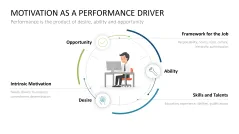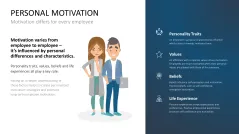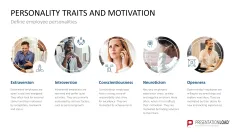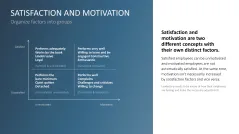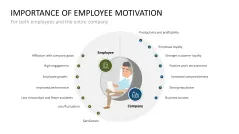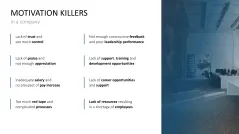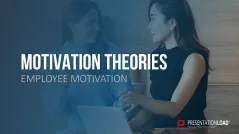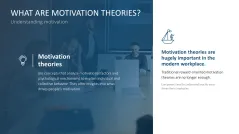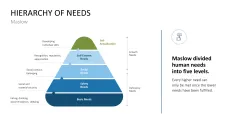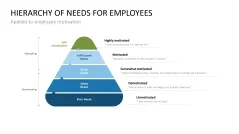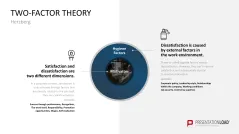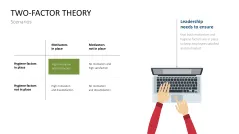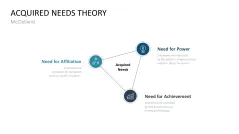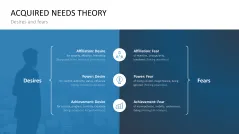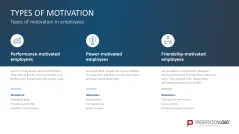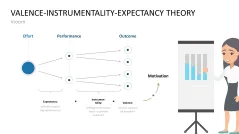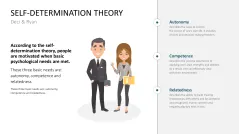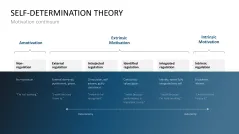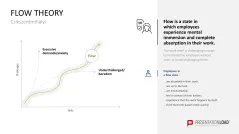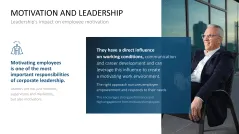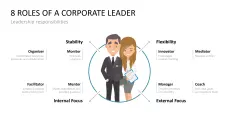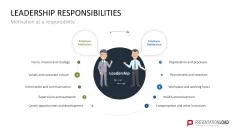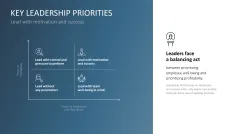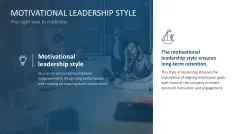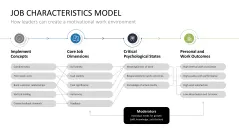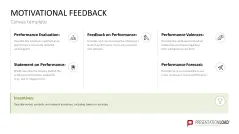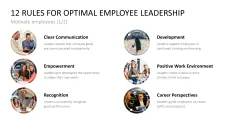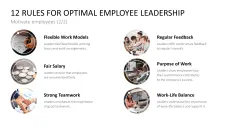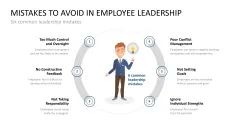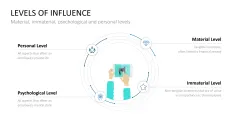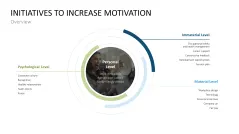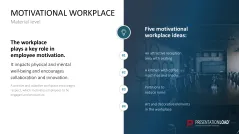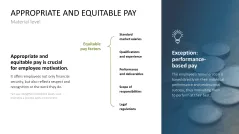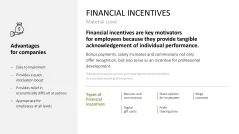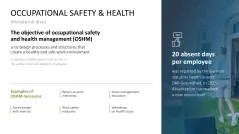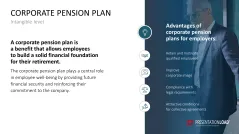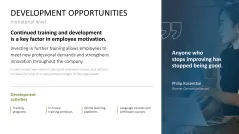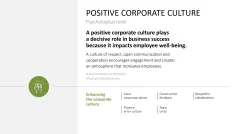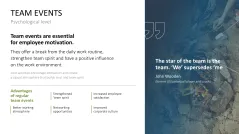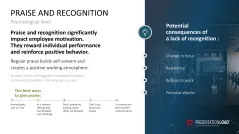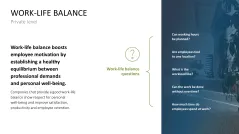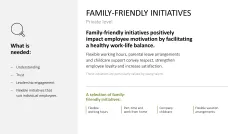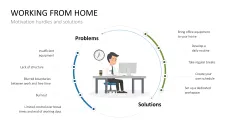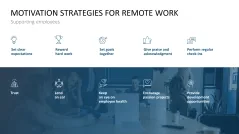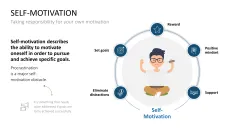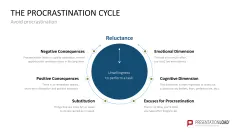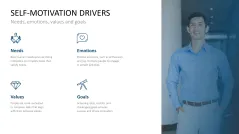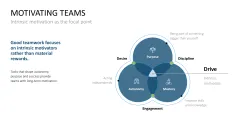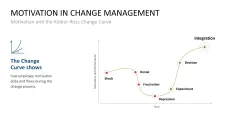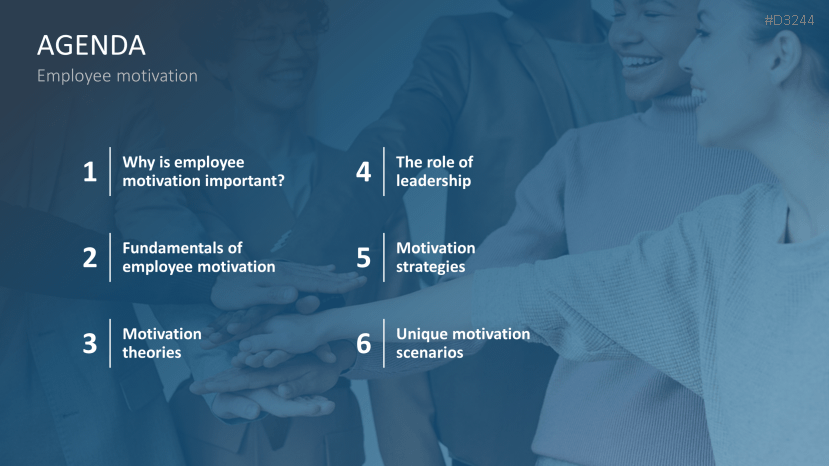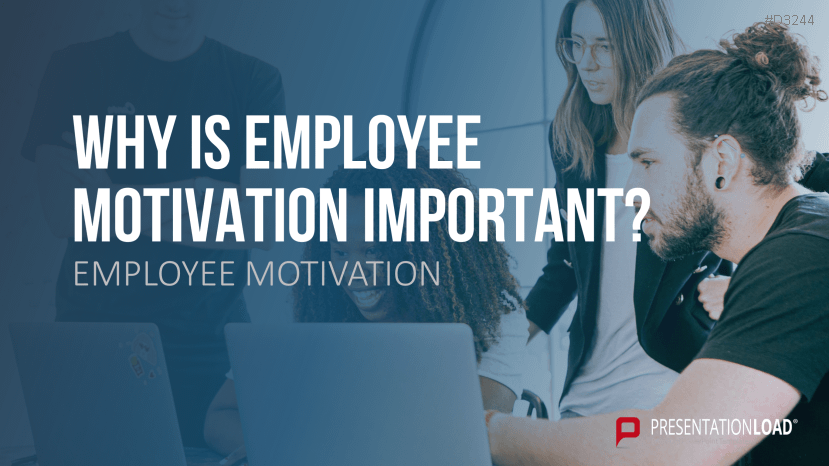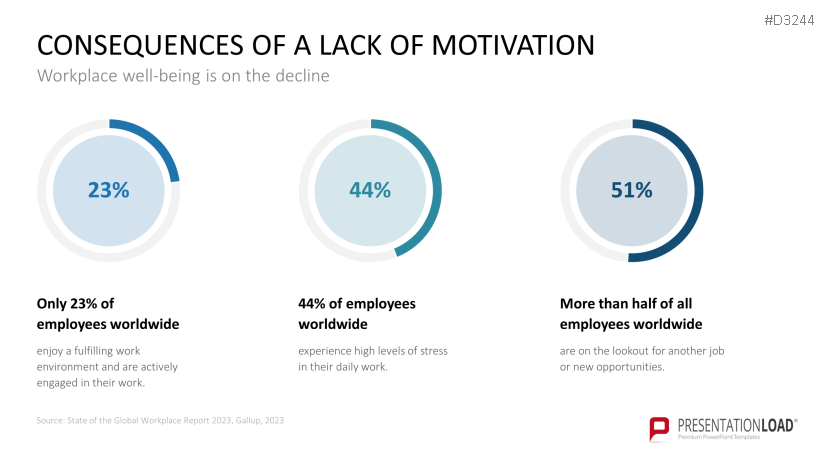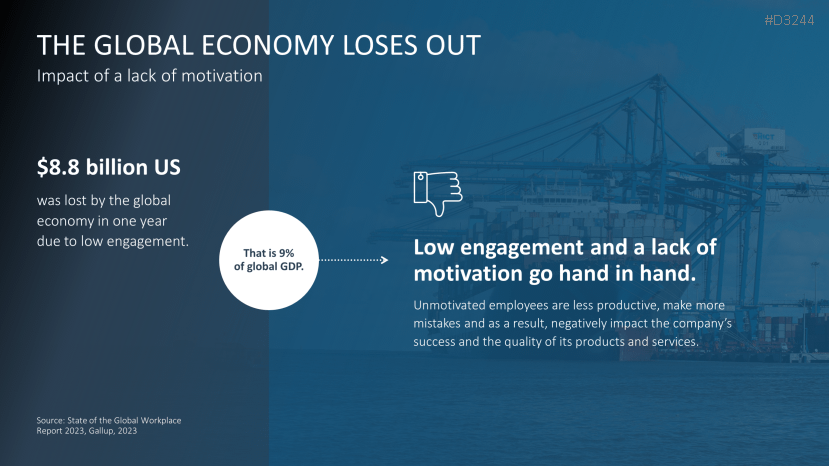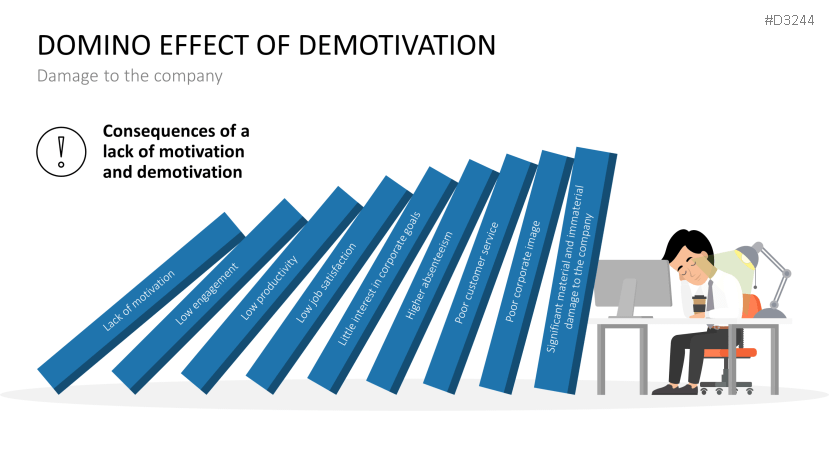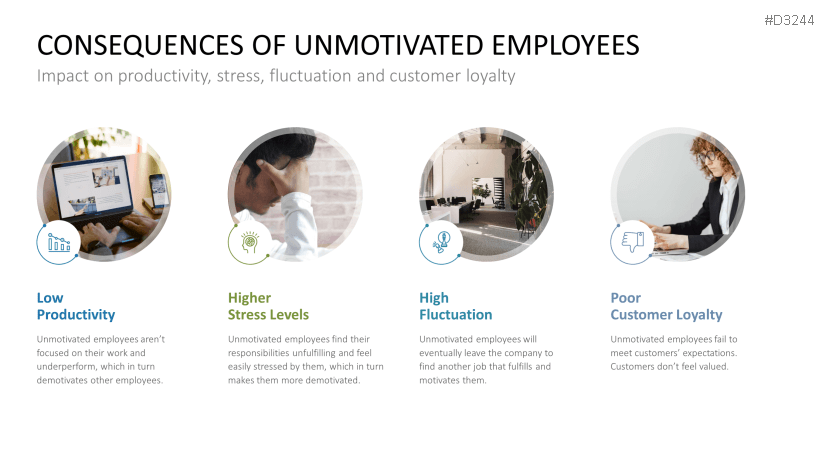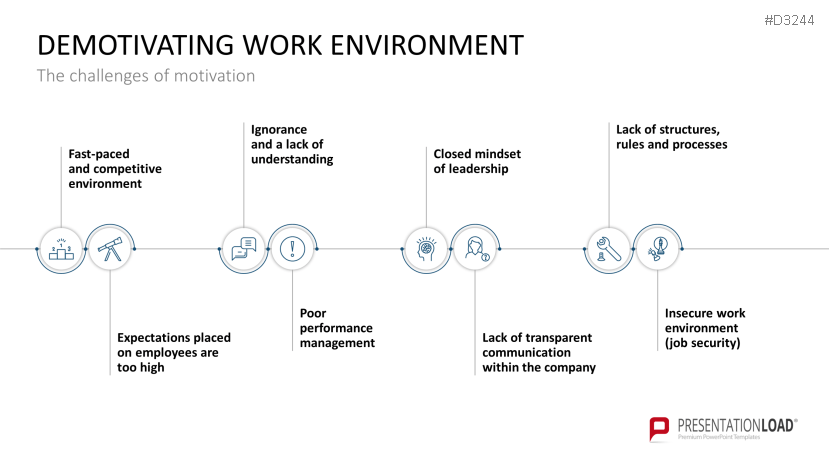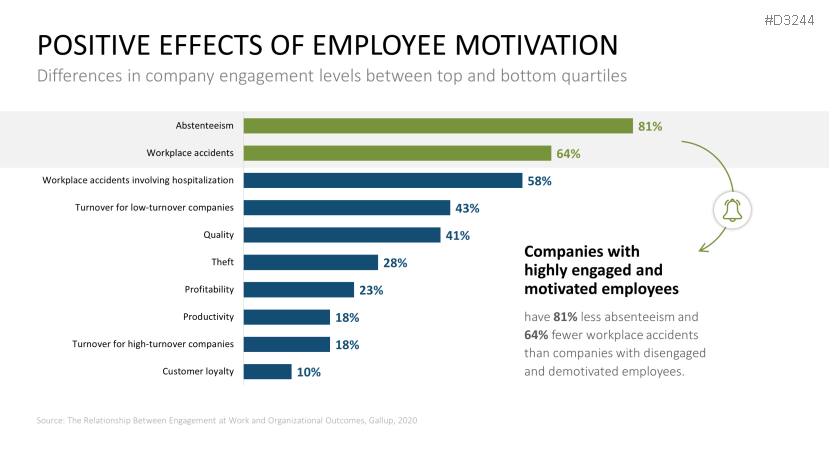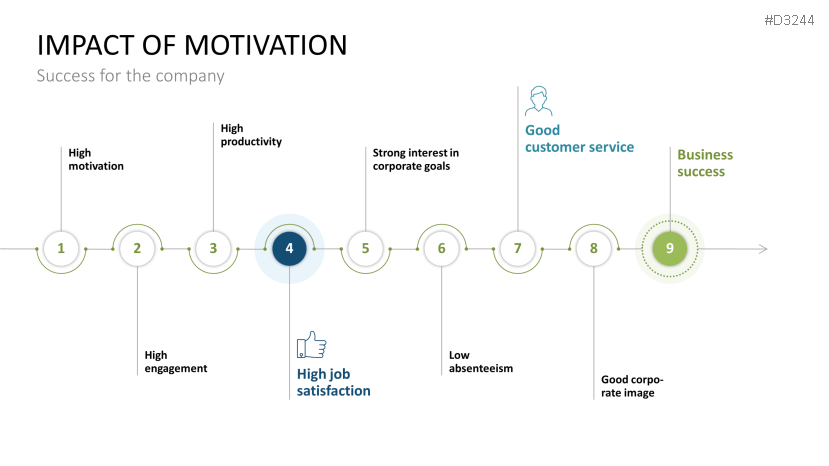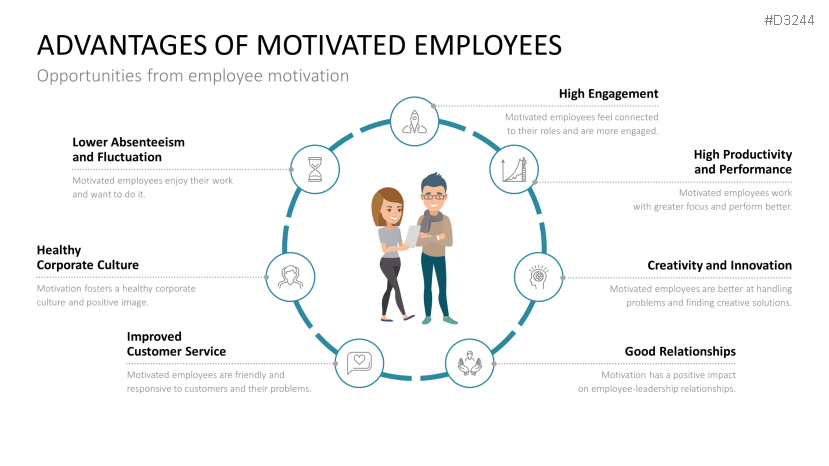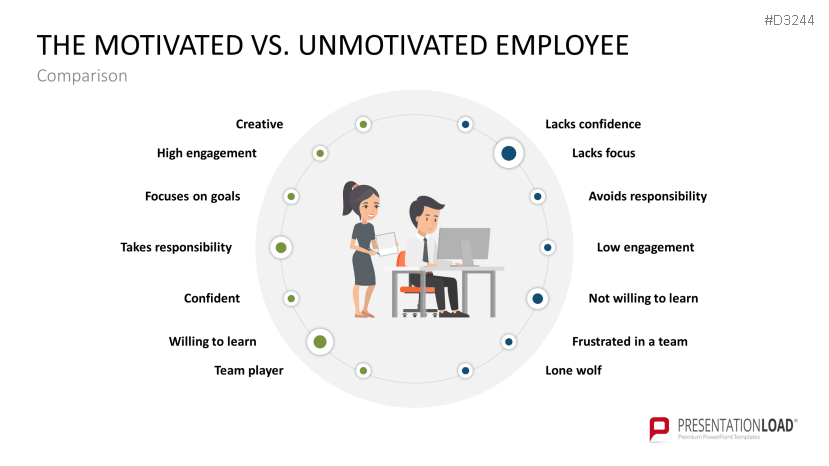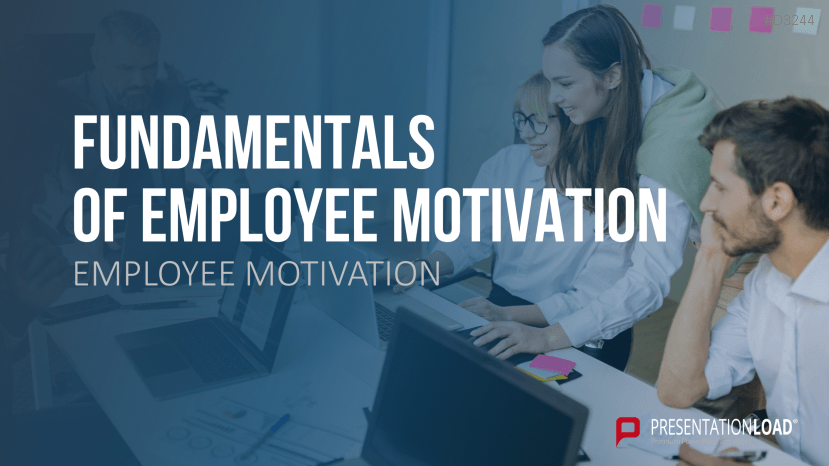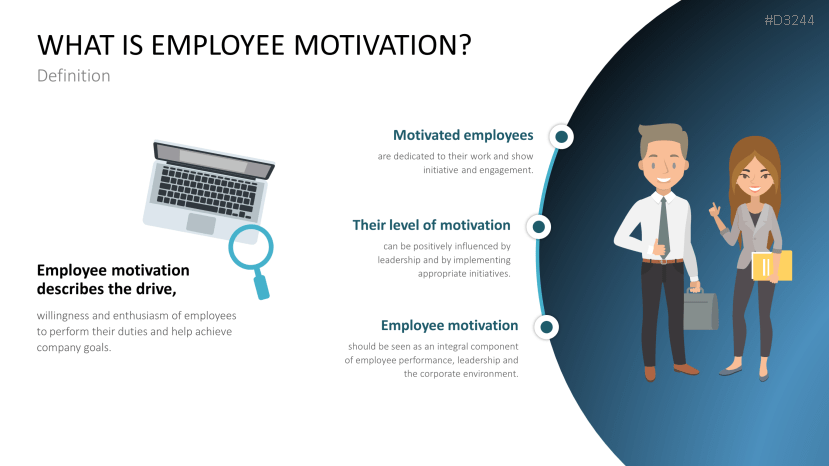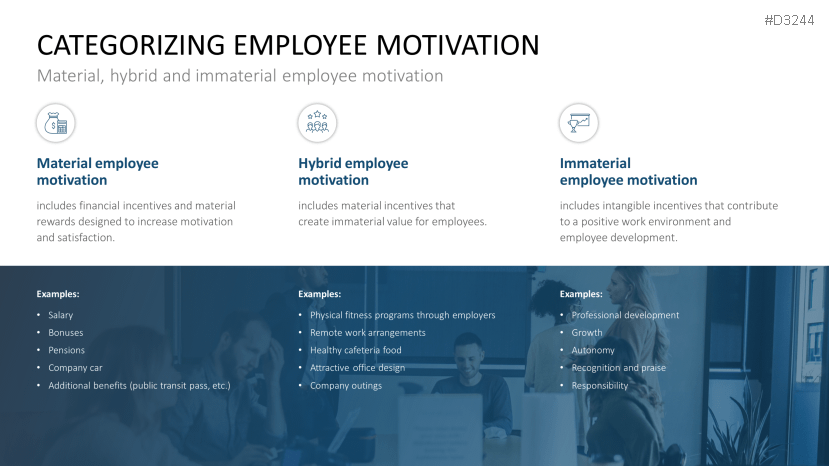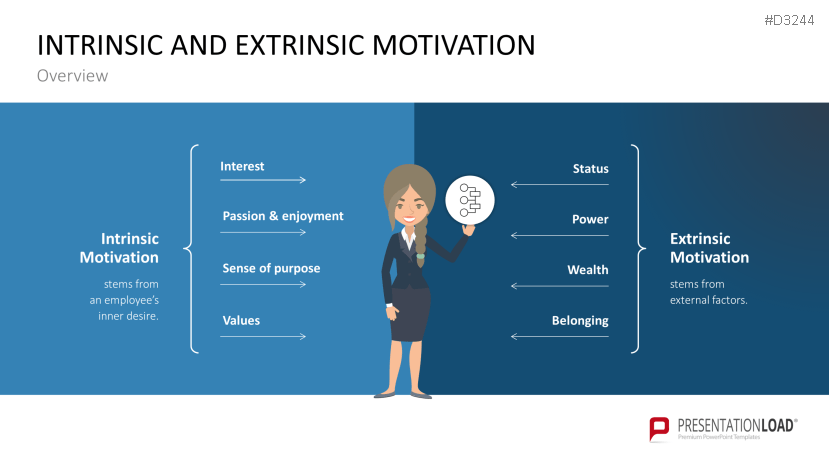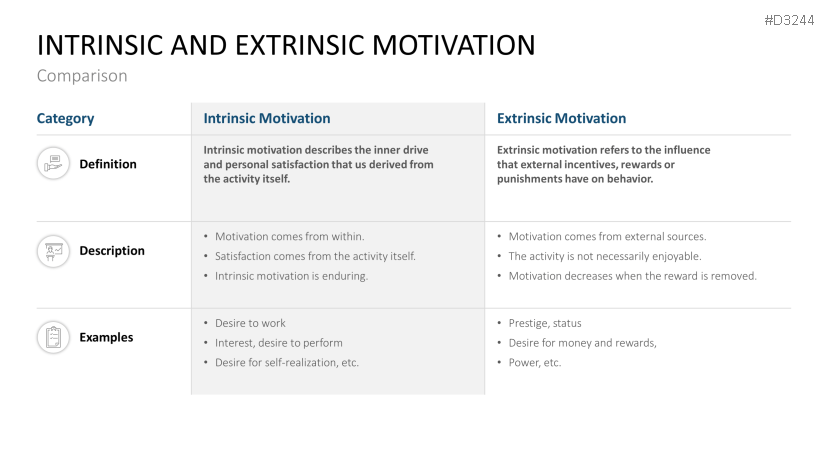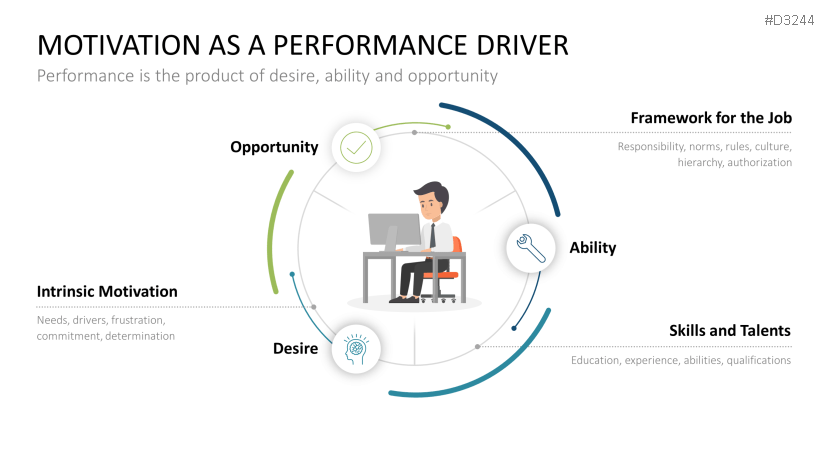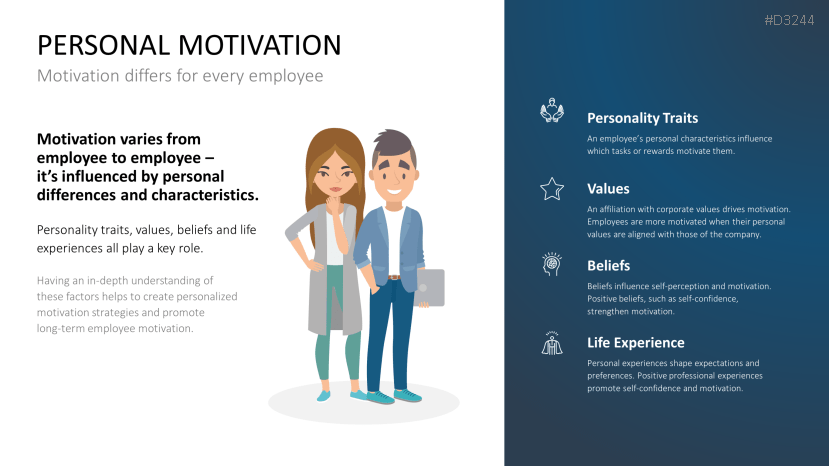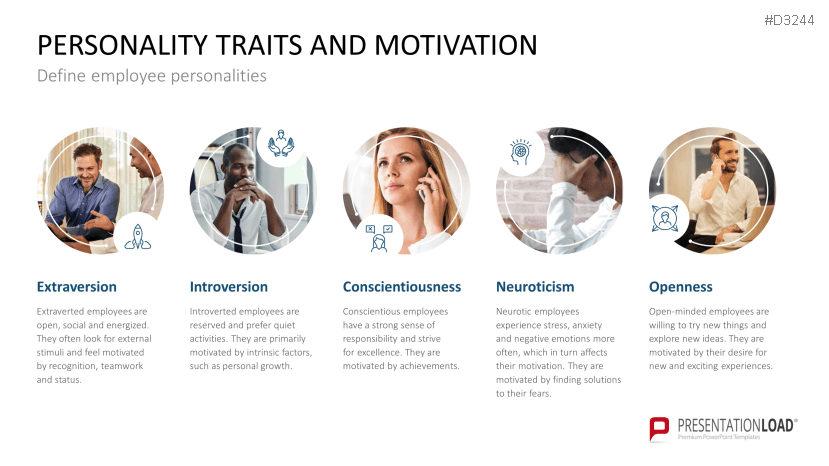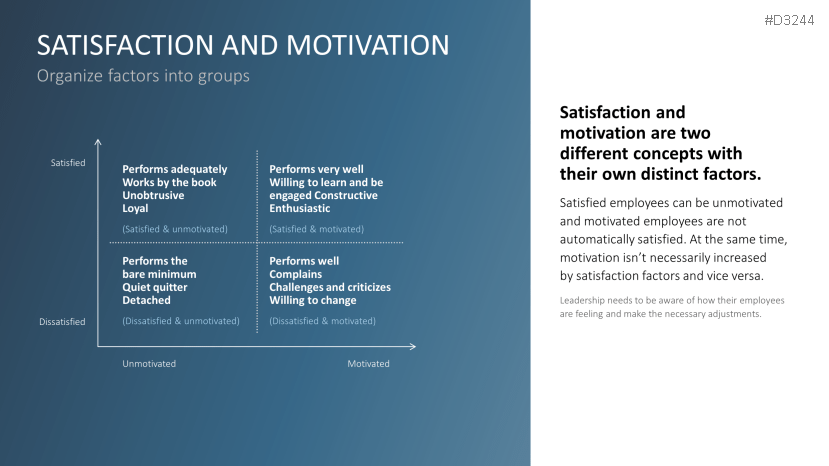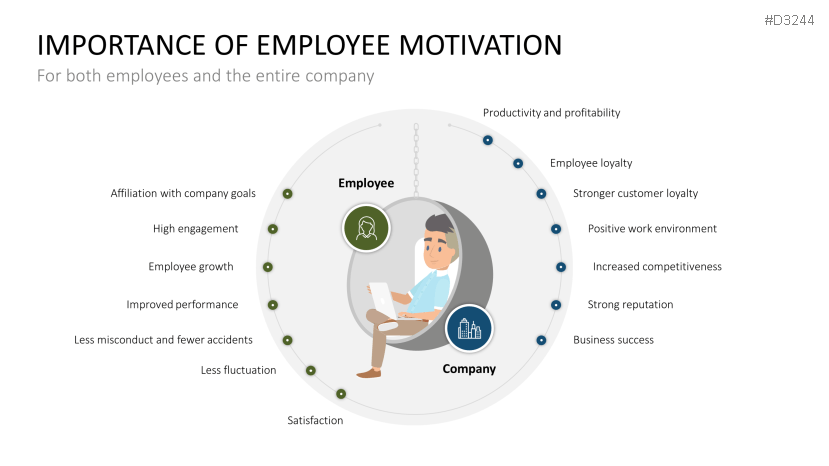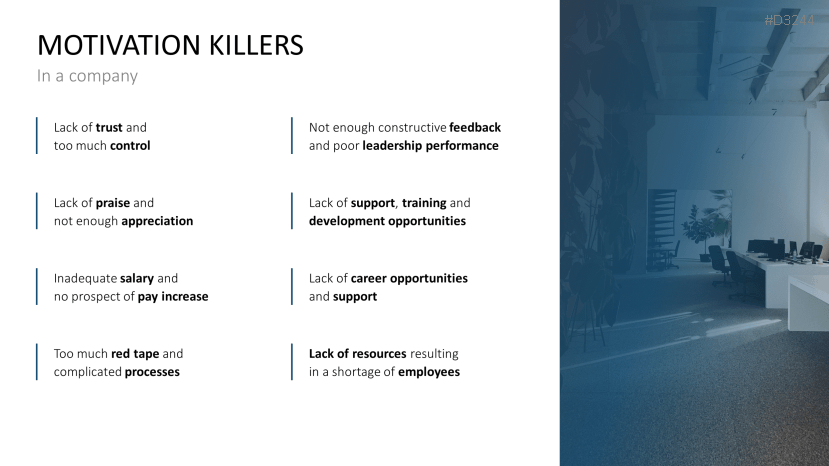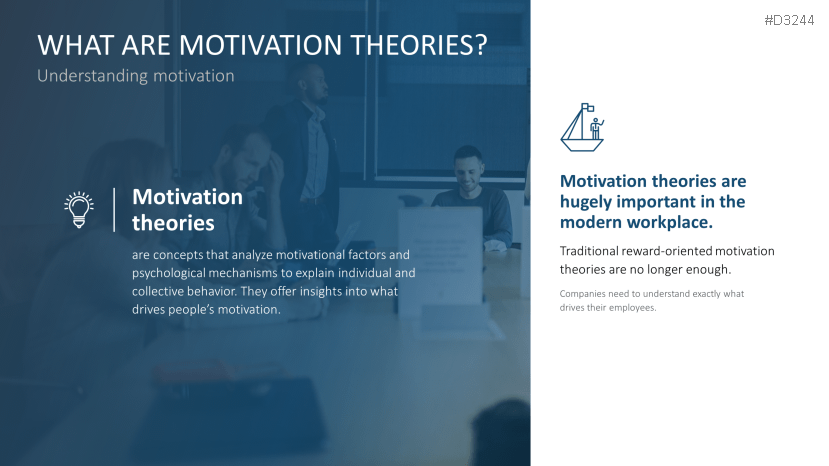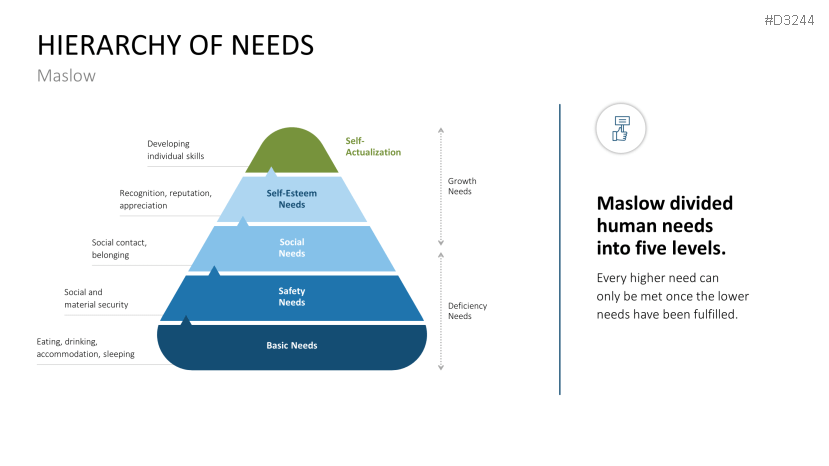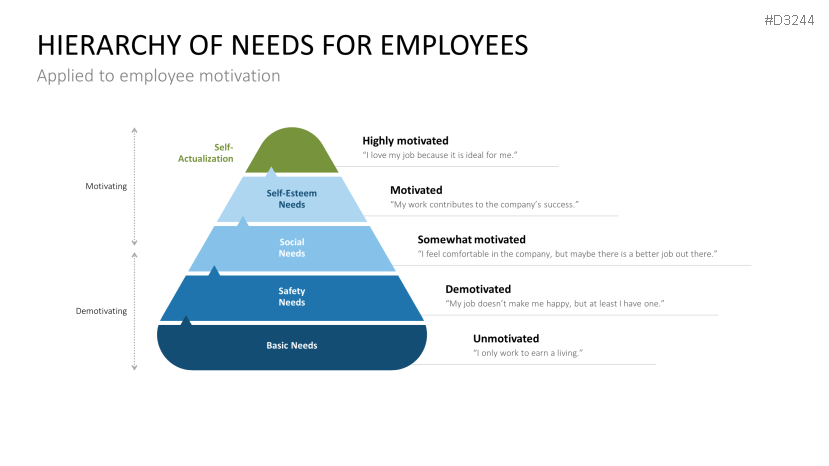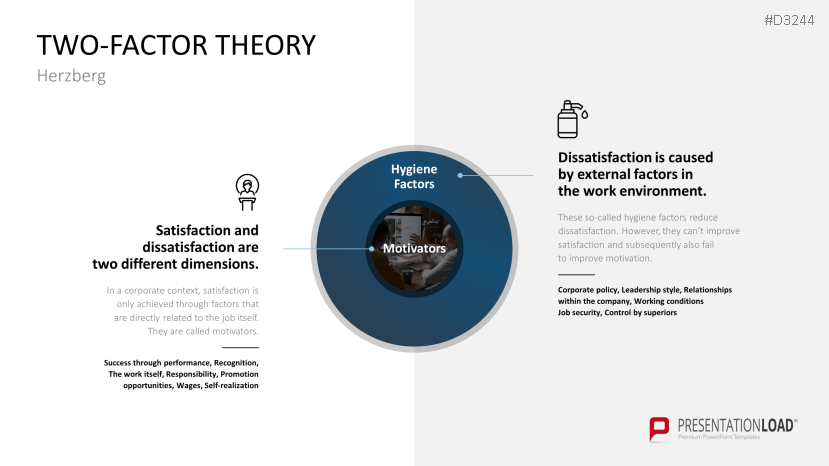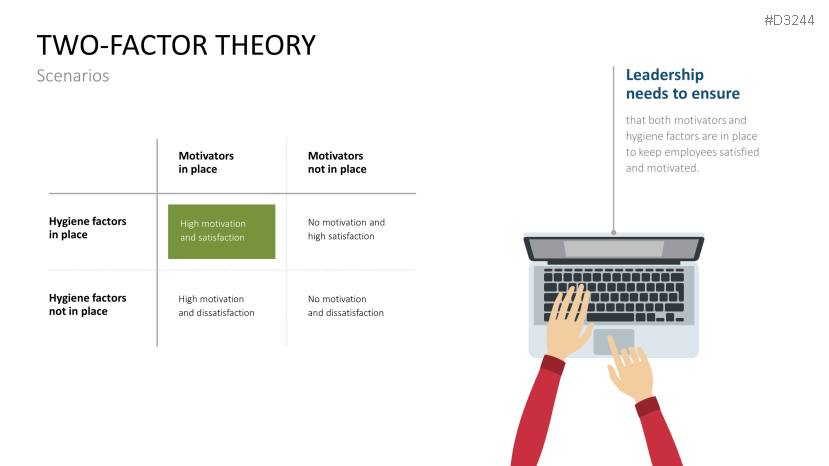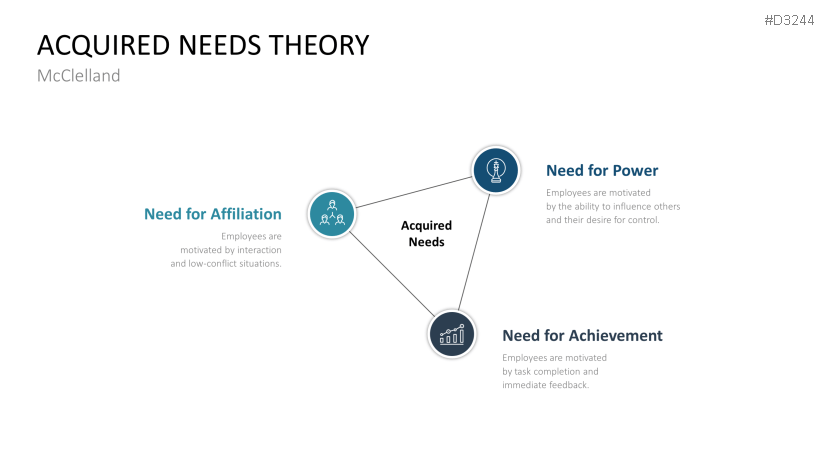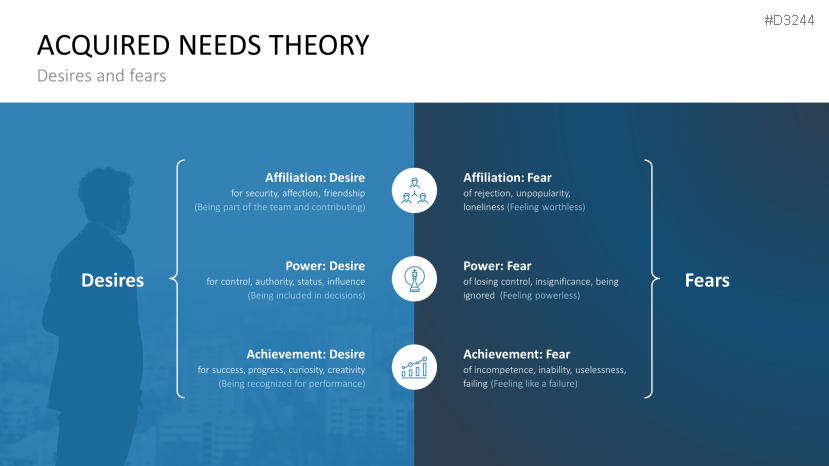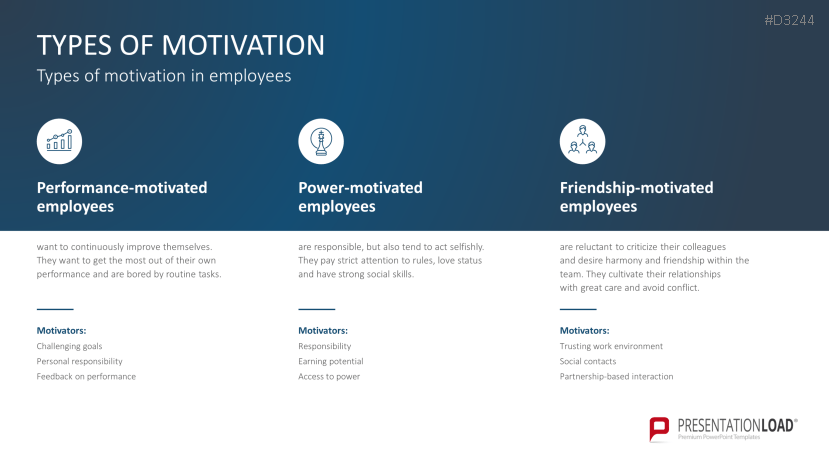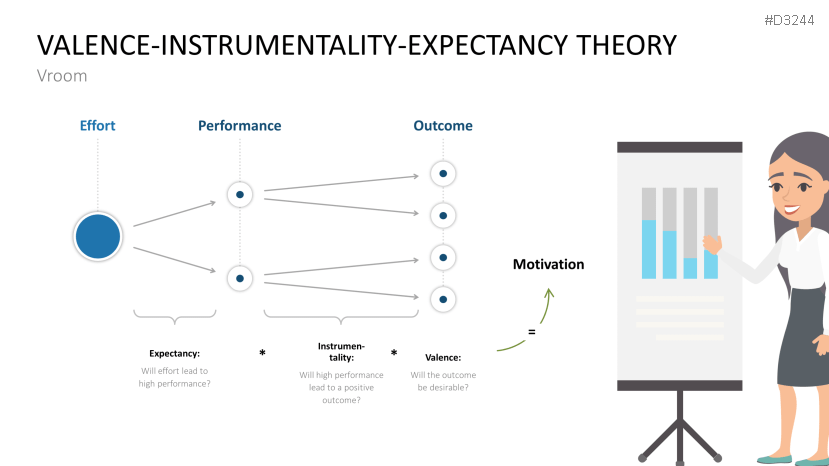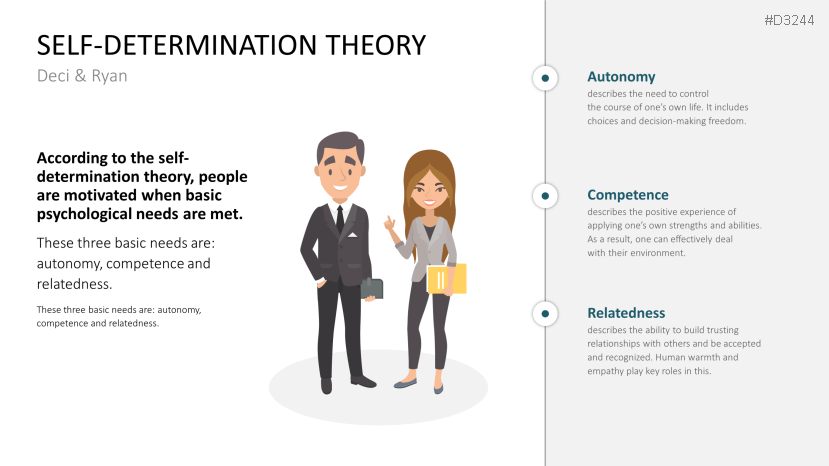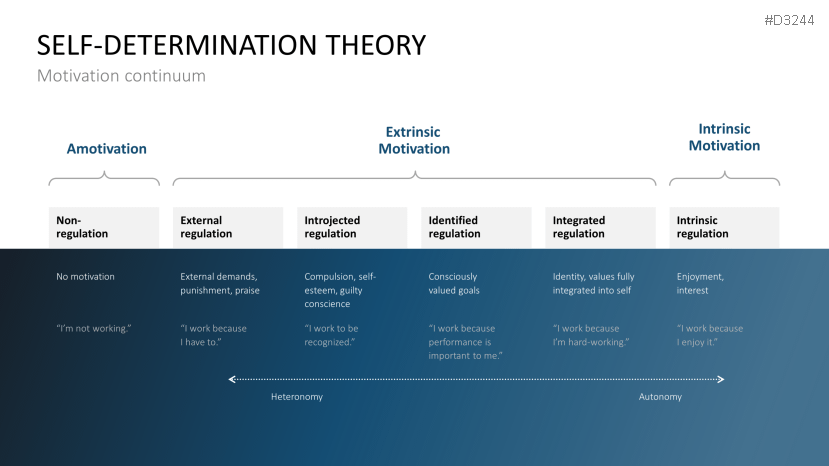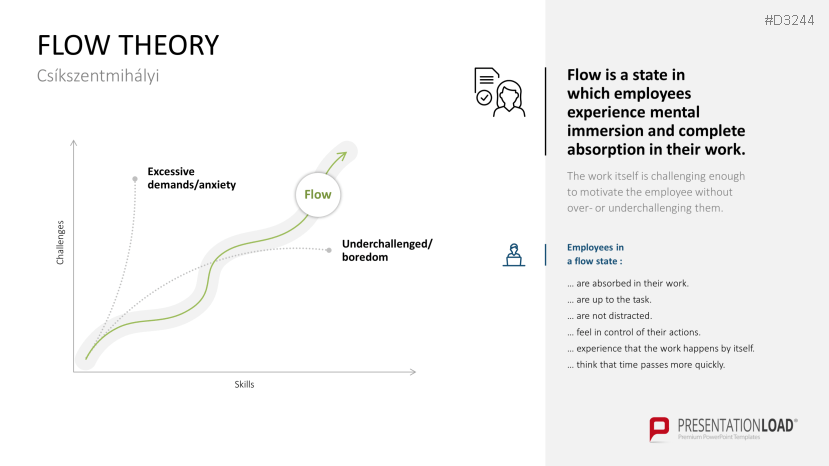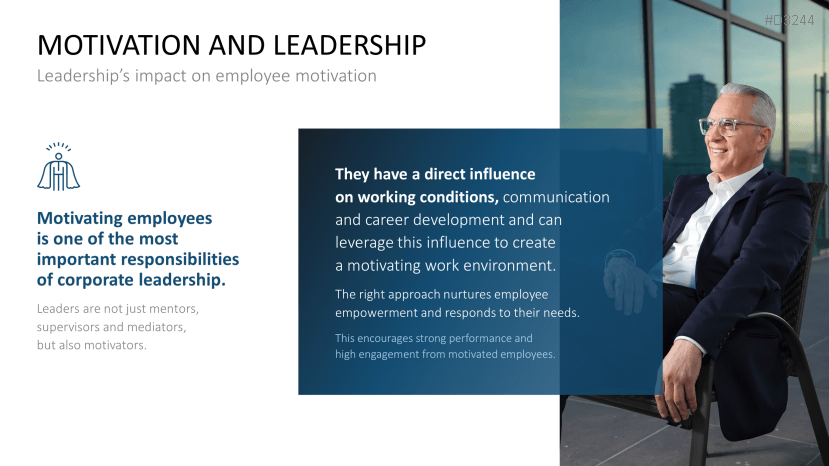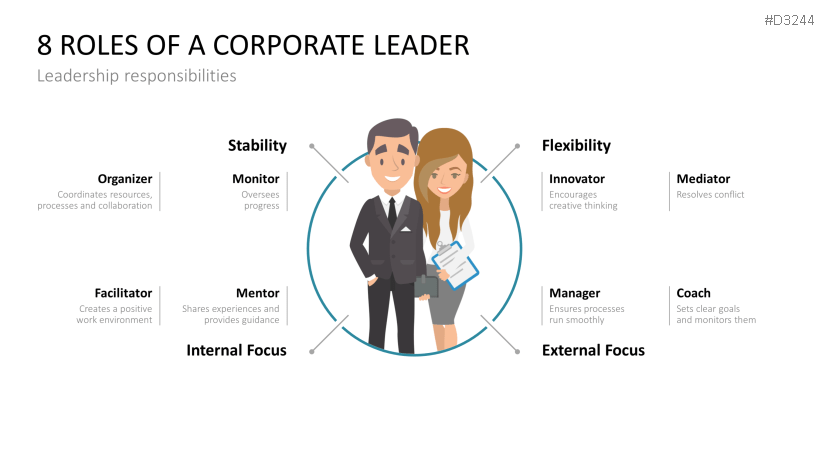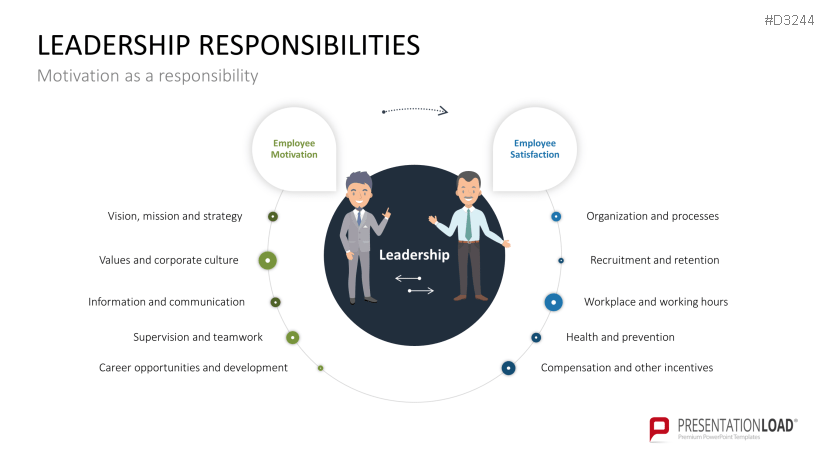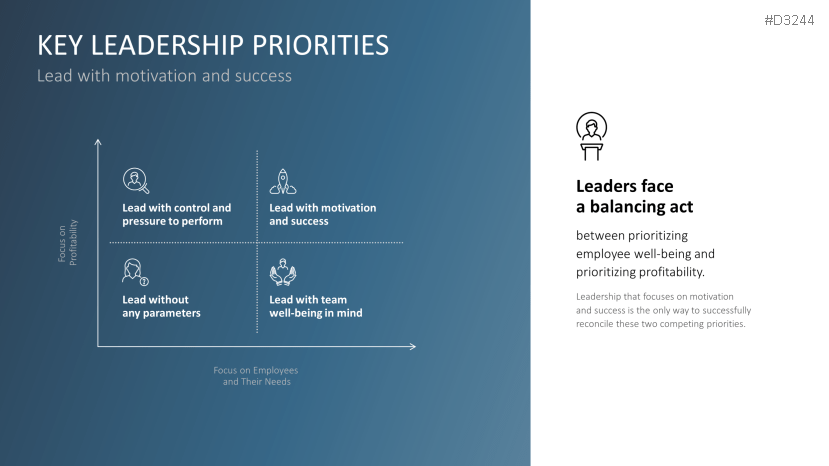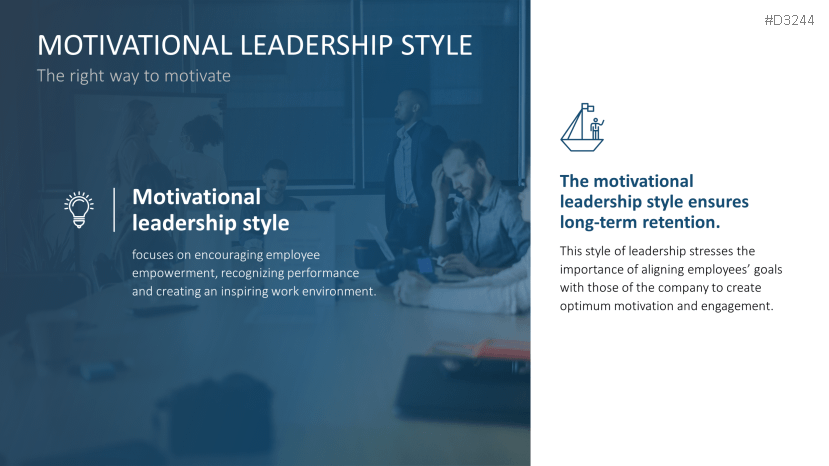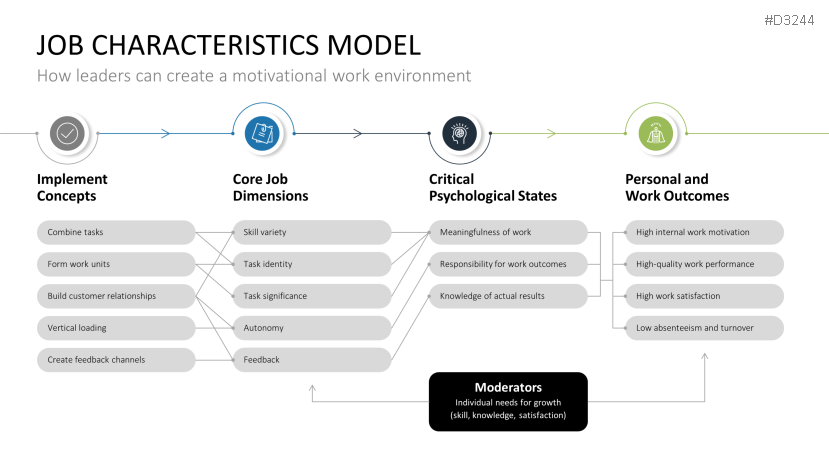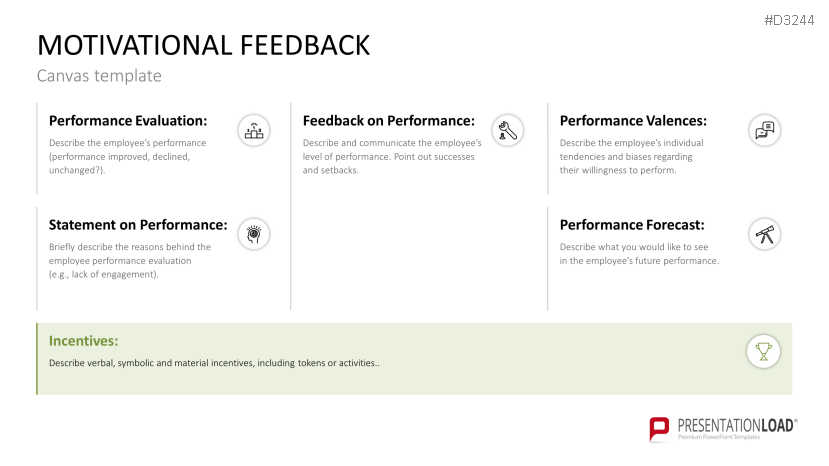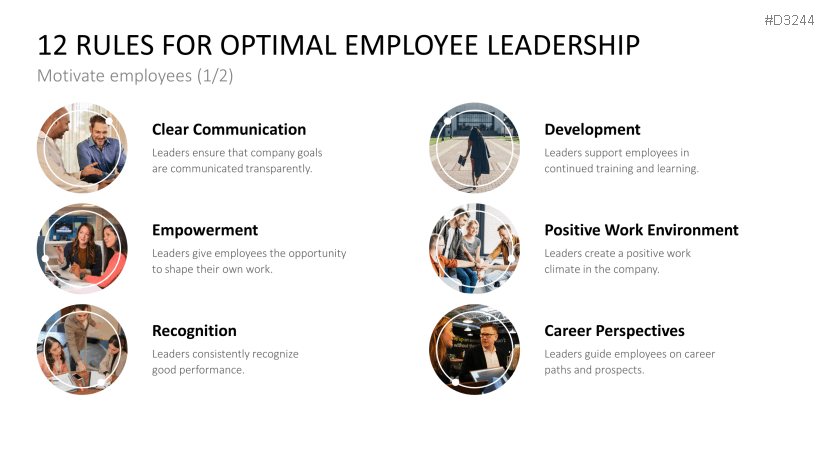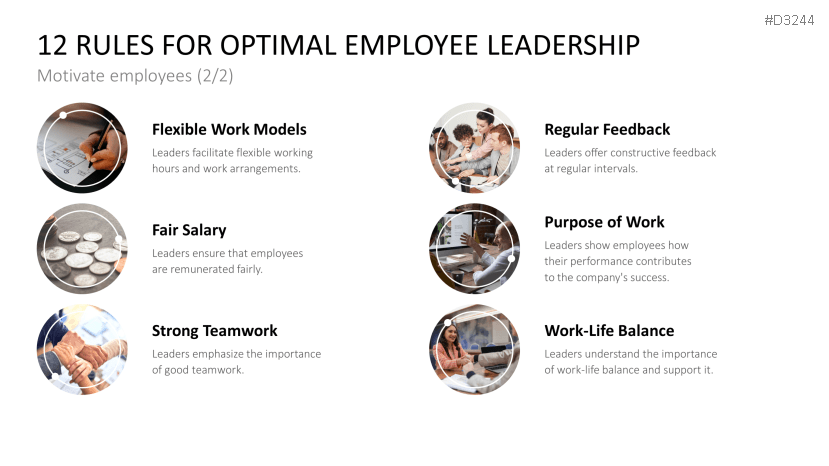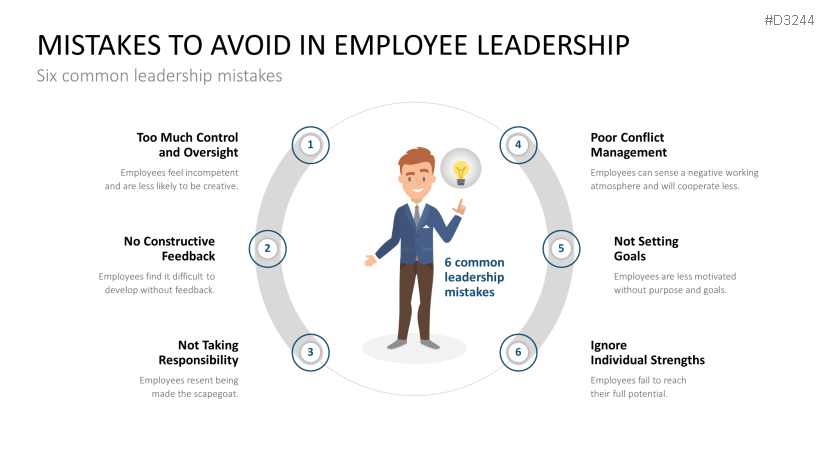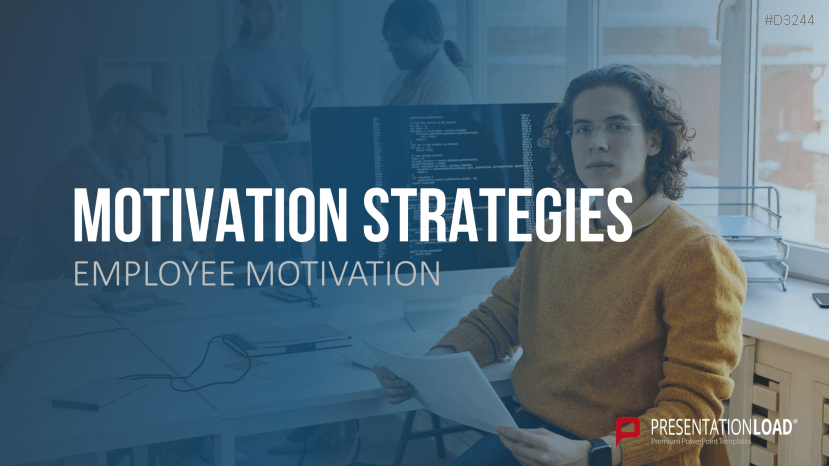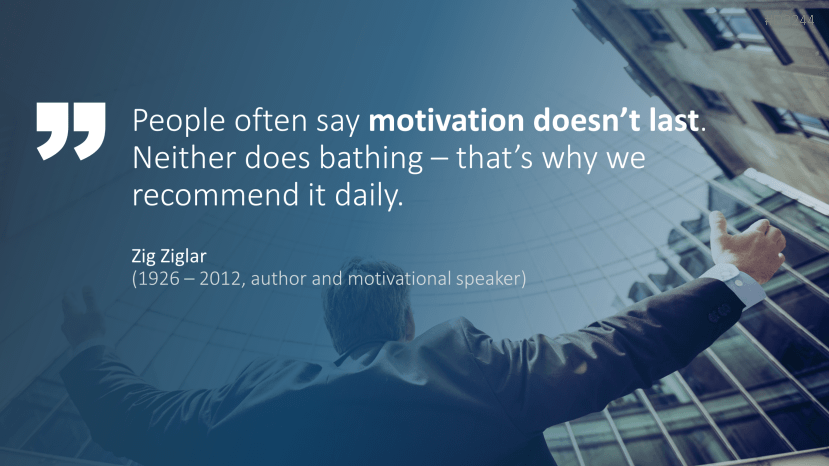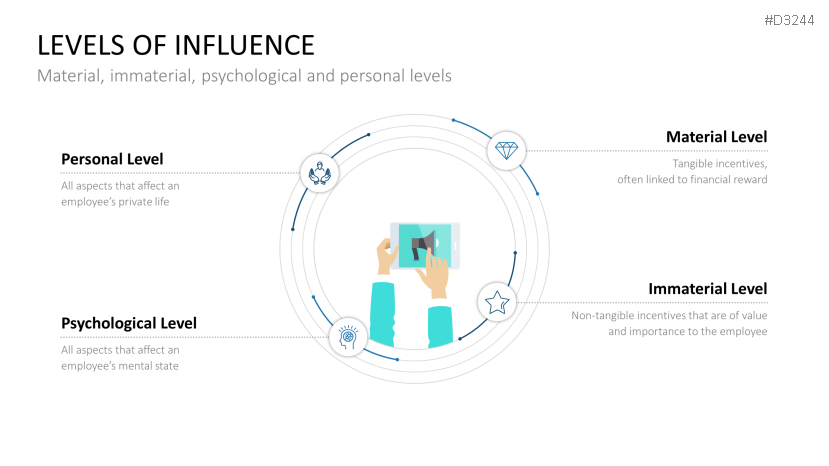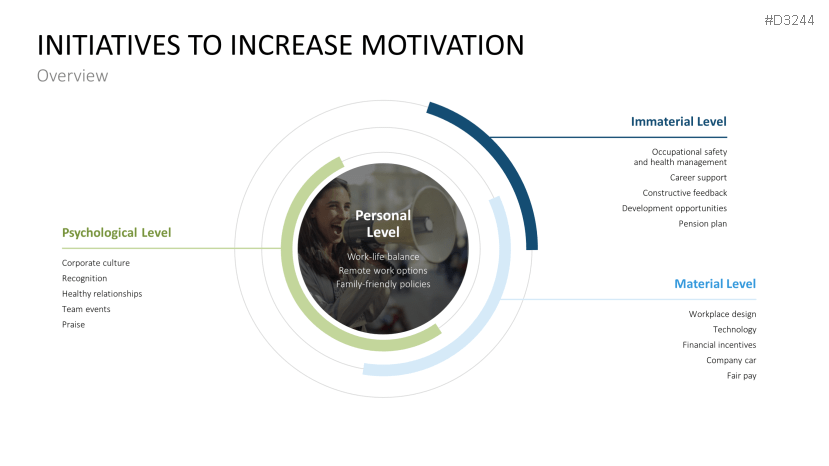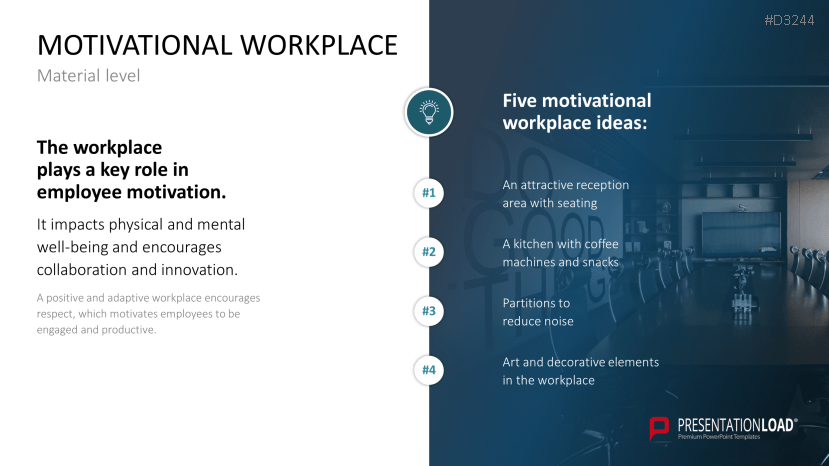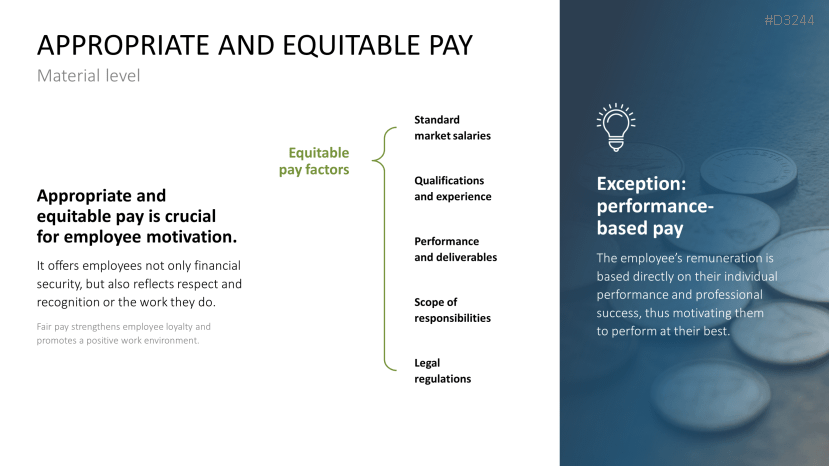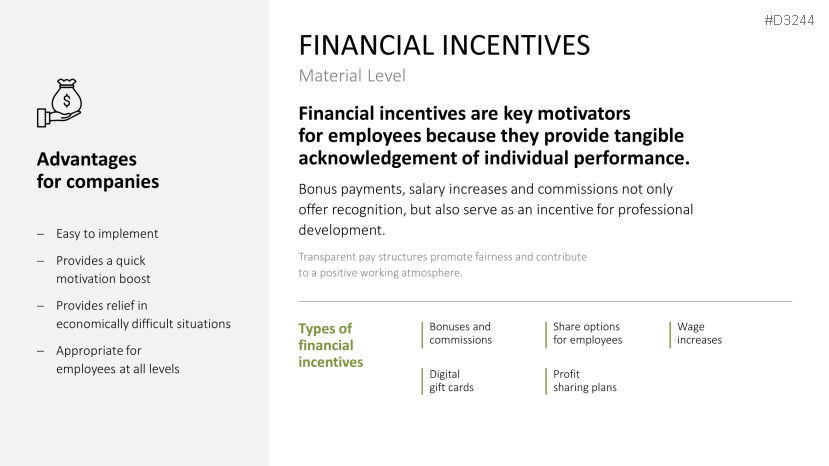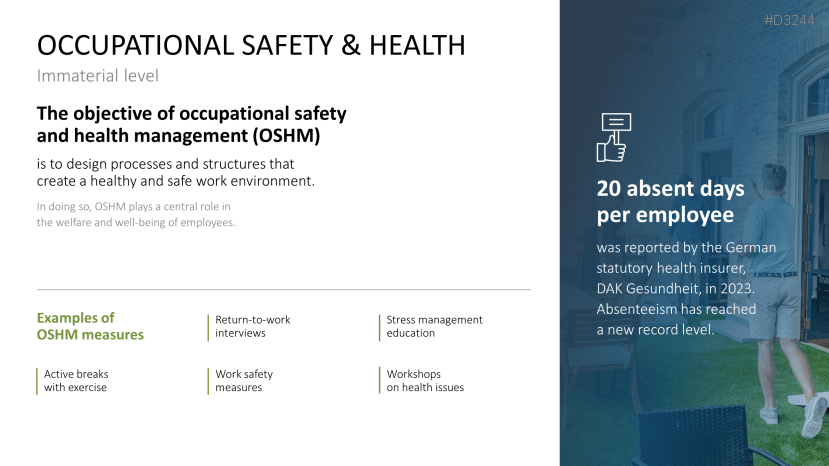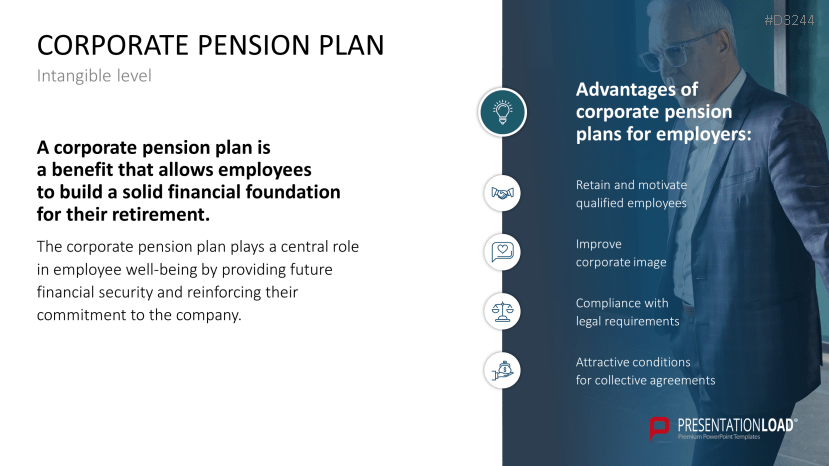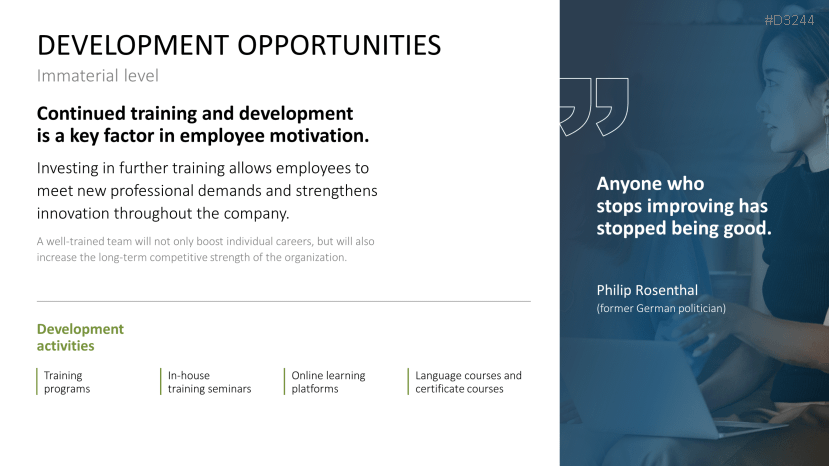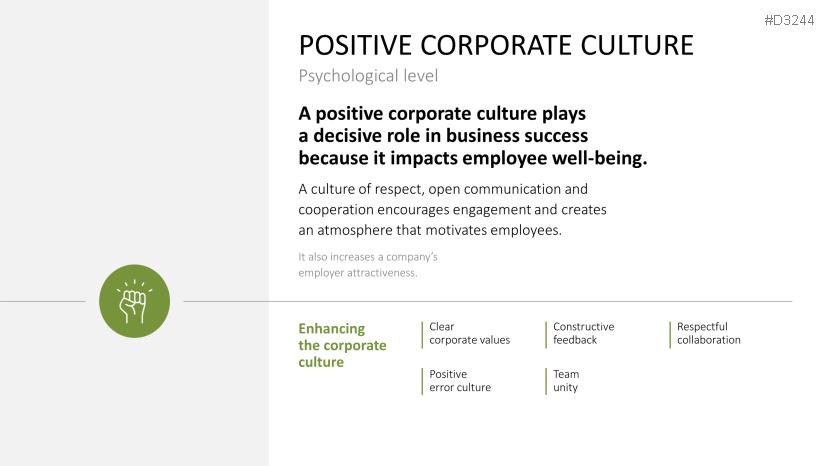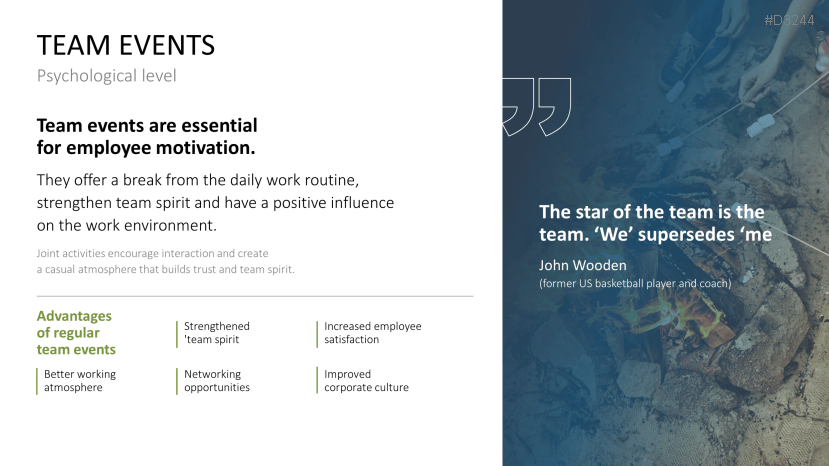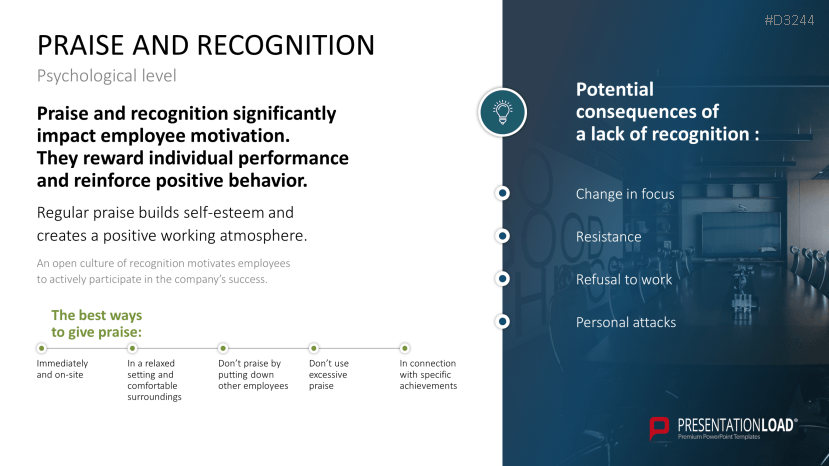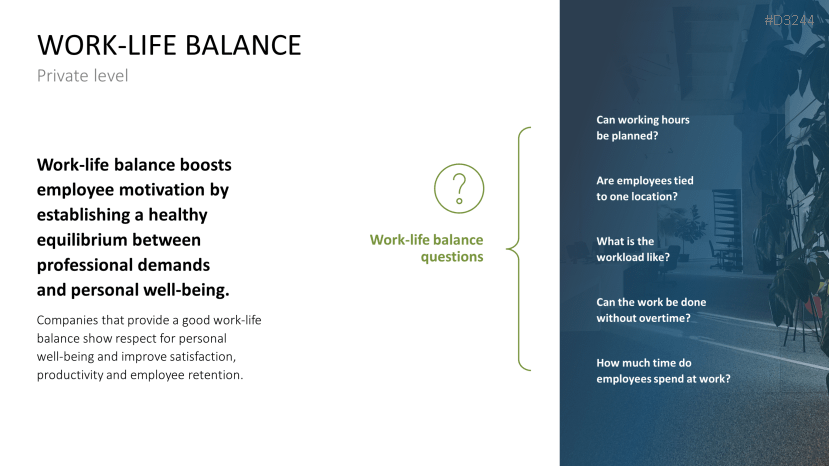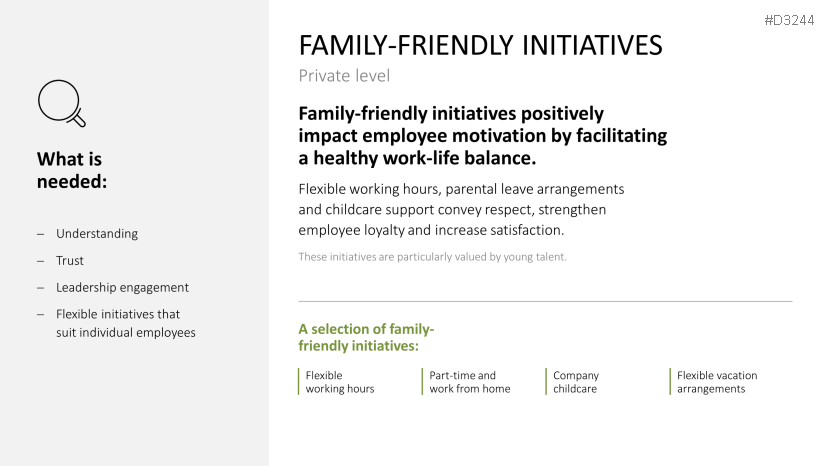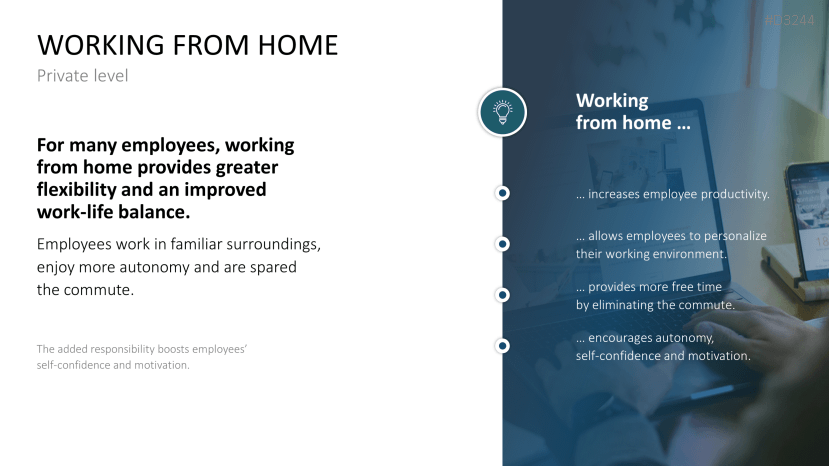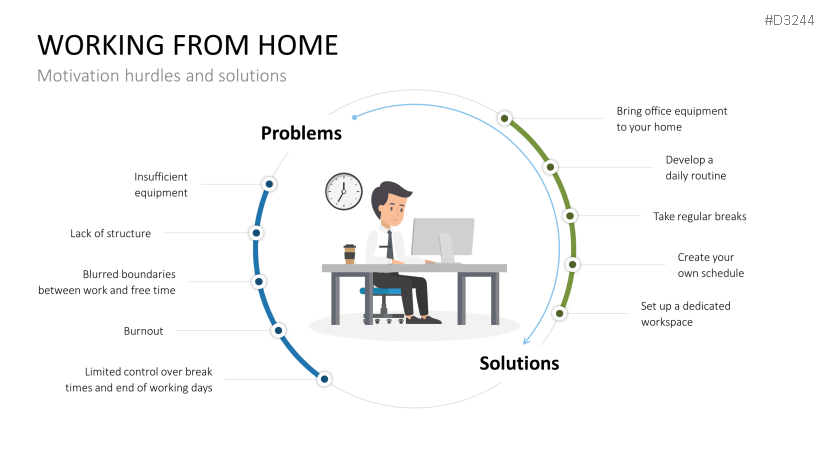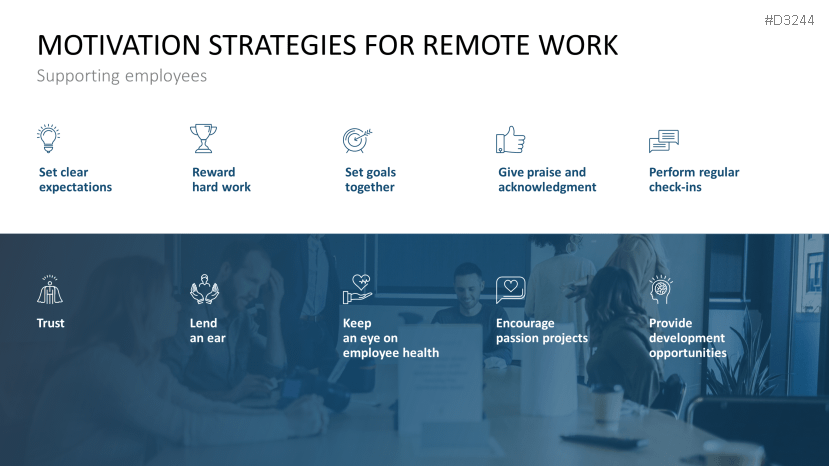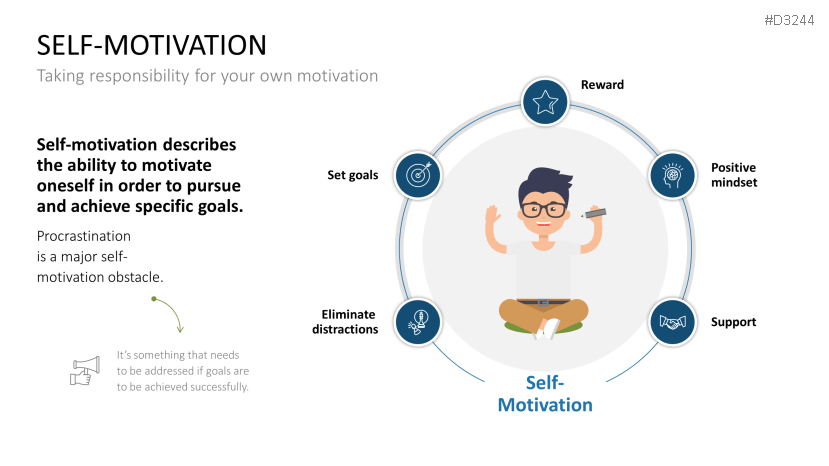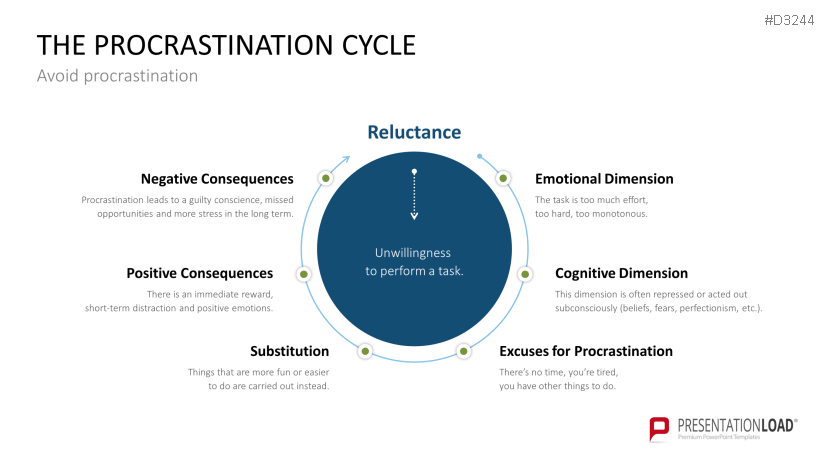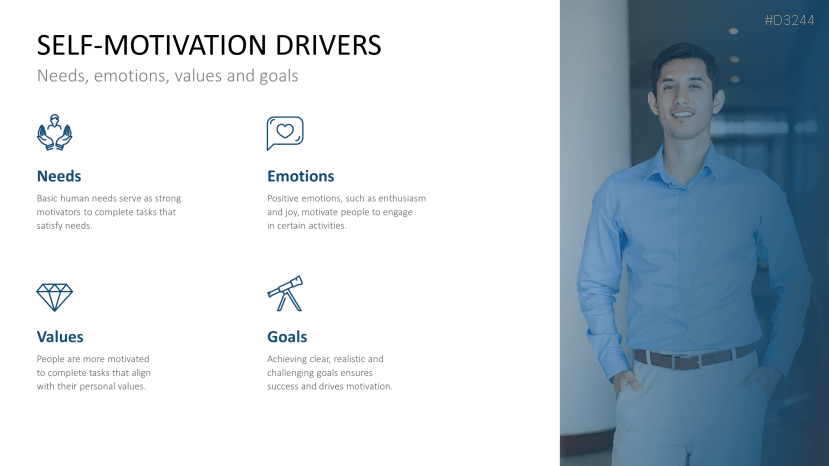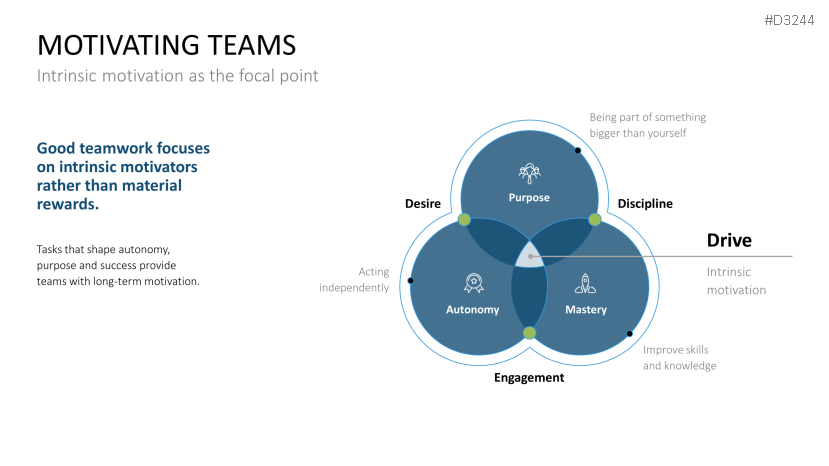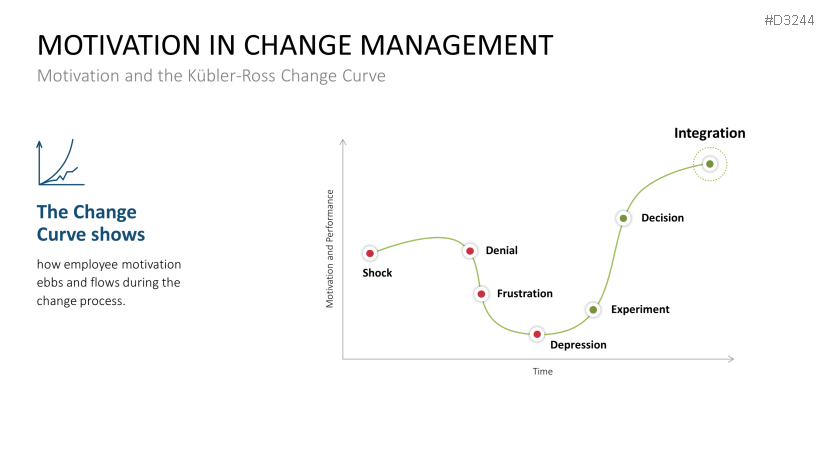
What is employee motivation?
Employee motivation describes the process by which companies inspire their employees to give their best. This includes incentives, recognition, development opportunities and a positive work environment. Successful employee motivation not only helps to increase work performance, but also promotes employee satisfaction and loyalty to the company. The focus is on creating a corporate culture in which employees feel valued, can develop their potential and are motivated to contribute to the company's success. Leadership plays a vital role in this. They have the task of recognizing the best way to motivate their team, which motivation models to use and which measures to implement. Employee motivation is one of the most important leadership responsibilities in companies.
Employee motivation in the modern workplace
Against the backdrop of changing work structures, employee motivation is becoming increasingly important. With trends such as remote work and flexible working models, finding the right approach to motivate employees is crucial. The challenges often lie in physical distance and the need for greater self-motivation. Companies are relying more on transparent communication, clear objectives and technological solutions to maintain employee loyalty and motivation. Creating a positive corporate culture that takes employees' individual needs and potential into account is another decisive factor in this process.
The importance of the right motivation strategies
Motivation strategies are targeted initiatives that companies take to promote employee motivation and satisfaction. These measures can take many forms: from financial incentives, such as bonus systems or salary increases, to recognition programs, professional development opportunities, flexible working hours and a positive work environment. Training, team activities and regular feedback are also common motivational tools. The key is to understand the individual employee's needs and take steps to increase their motivation and engagement within their team. Motivated employees not only help to achieve the company's goals, but also provide a long-term contribution to the work environment and corporate culture.
A PowerPoint template on all aspects of employee motivation
Use our new template to present the importance of employee motivation in your company. We provide presentation-ready content to help you illustrate the concepts behind employee motivation to your employees and managers. Stress the role of leadership and select the right motivation strategies for your company. Provide a clear and concise explanation of relevant motivation theories and how employees can be approached and motivated in unique situations, such as remote work and change processes.
With this PowerPoint template, you can
- present valuable information on employee motivation.
- learn more about different motivation strategies.
- better understand the forces behind motivation.
This PowerPoint template contains:
- Quote
- Why is employee motivation important?
- Consequences of a lack of motivation
- The global economy loses out
- Domino effect of demotivation
- Consequences of unmotivated employees
- Demotivating work environment
- Positive effects of employee motivation
- Impact of motivation
- Advantages of motivated employees
- The motivated vs. Unmotivated employee
- Fundamentals of employee motivation
- What is employee motivation?
- Categorizing employee motivation
- Intrinsic und extrinsic motivation
- Motivation as a performance driver
- Personal motivation
- Personality traits and motivation
- Satisfaction and motivation
- Importance for employees and the company
- Motivation killers
- Motivation theories
- What are motivation theories?
- Maslow’s hierarchy of needs
- Hierarchy of needs for employees
- Herzberg’s two-factor theory
- Two-factor theory scenarios
- McClelland’s acquired needs theory
- Desired and fears of acquired needs
- Types of motivation in employees
- Vroom’s valence-instrumentality-expectancy theory
- Deci & Ryan’s self-determination theory
- Motivation continuum
- Csíkszentmihályi’s flow theory
- The role of corporate leadership
- Motivation and leadership
- 8 roles of a corporate leader
- Leadership responsibilities
- Key leadership priorities
- Motivational leadership style
- Job characteristics model
- Motivational feedback
- 12 for optimal employee leadership
- Mistakes to avoid in employee leadership
- Motivation strategies
- Levels of influence
- Initiatives to increase motivation
- Motivational workplace
- Appropriate and equitable pay
- Financial incentives
- Occupational safety & health
- Corporate pension plan
- Development opportunities
- Positive corporate culture
- Team events
- Praise and recognition
- Work-life balance
- Family-friendly initiatives
- Working from Home
- Unique motivation scenarios
- Remote work
- Motivation strategies for remote work
- Self-motivation
- The procrastination cycle
- Self-motivation drivers
- Motivating teams
- Motivation in change management

